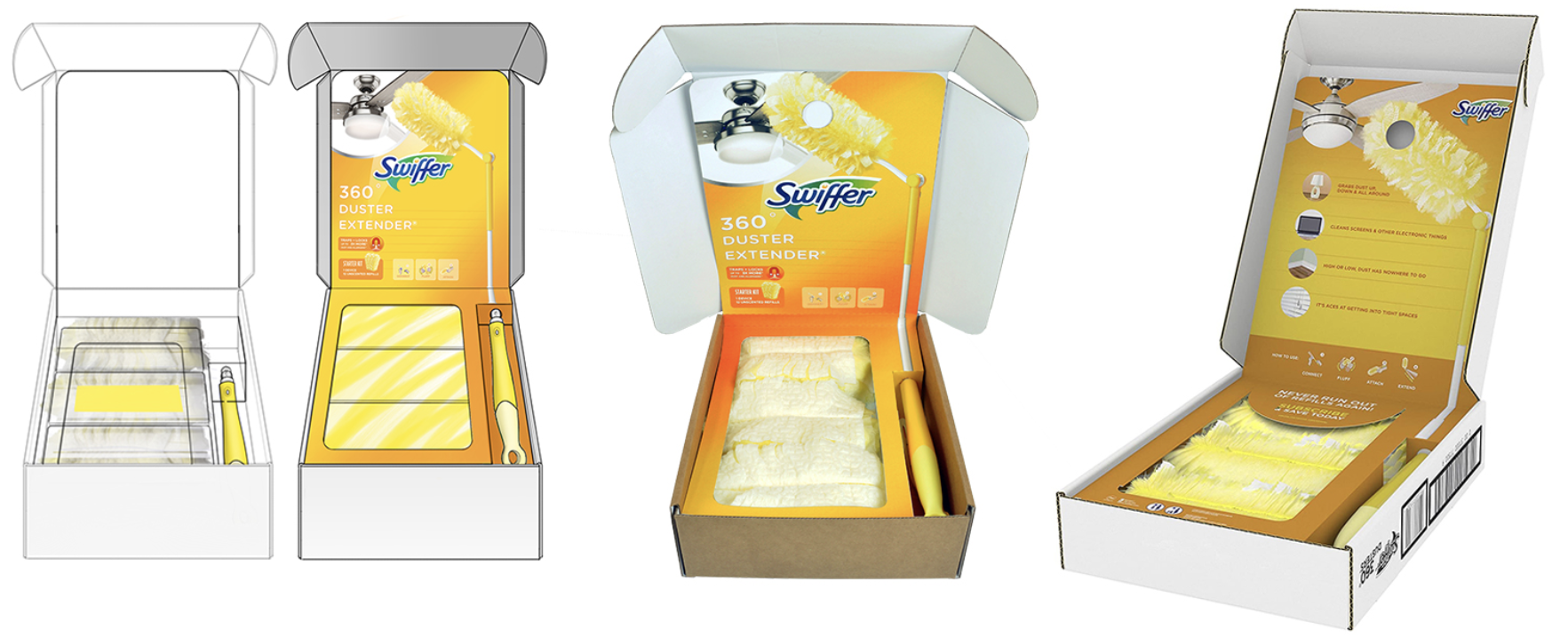Welcome back, retailers!
As all vendors know, landing your product on a shelf isn’t easy — competition is fierce! While all retailers will expect after-sale service, there are ways to stand apart from the sea of vendors to ensure retailers will reorder, what we call focusing on “sell through.”
Retailers need vendor support, from regular phone or in-person meetings to providing technical or sales assistance when needed. Not following through with this back-end support can be seriously detrimental to your business model, even if you have an awesome product. To avoid this pitfall, here are five tips you can use after you make the sale:
1. Assist in Training — In order to make a sale, it is important that sales associates know exactly what your product does and how it does it. Help provide some training assistance in person, through a computer program, through an outside training service like Impel Dynamic, or a combination of these approaches.
2. Manage the Excess — Accumulating excess inventory is wasting profitability. To stop the build up you can offer creative promotions, temporarily mark-down prices, or, if absolutely necessary, suggest to take back the product.
3. Protect your Product with a Manufacture Warranty — Expecting the unexpected is part of a vendor’s job. Providing a manufacture warranty is crucial to supporting the sale of your product. The warranty could cover part or all of the product, for a certain period of time after the sale, or any time after the sale.
4. Handle Customer Returns — End users often return products because they may not know how to properly use them (see tip #1), or they might actually have a defect with their product. Handling returns may be easier if done without the middleman, i.e. retailer. Whether you decide to include the retailer in the return process or not, make sure you have a strategy for handling returns prior to sale.
5. Be Ready for Recalls — Recalls are a nightmare. They can affect profits, brand image, future sales, and your relationships with retailers. There are two things to remember when a recall happens: over-communicate to your retailers, and have a set plan in place. Find what products are affected and why, trying to limit the extent of the damage. Consult insurance policies and legal regulations with which you must comply. Just in case, take the necessary steps to prepare for a lawsuit.
While hopefully not all of these strategies have to be utilized, it’s better to be safe than sorry when it comes to supporting your retail partners. Building a relationship between vendor and retailer requires trust and support on both sides, and having a plan in case anything goes wrong!
For more information on sales support or any of our services, visit www.retailbound.com or email us at info@retailbound.com.
How SIOC Packaging Is Transforming E-Commerce and Driving Sustainability
On May 7, 2025, it was World Packaging Design Day, an important topic to highlight...


